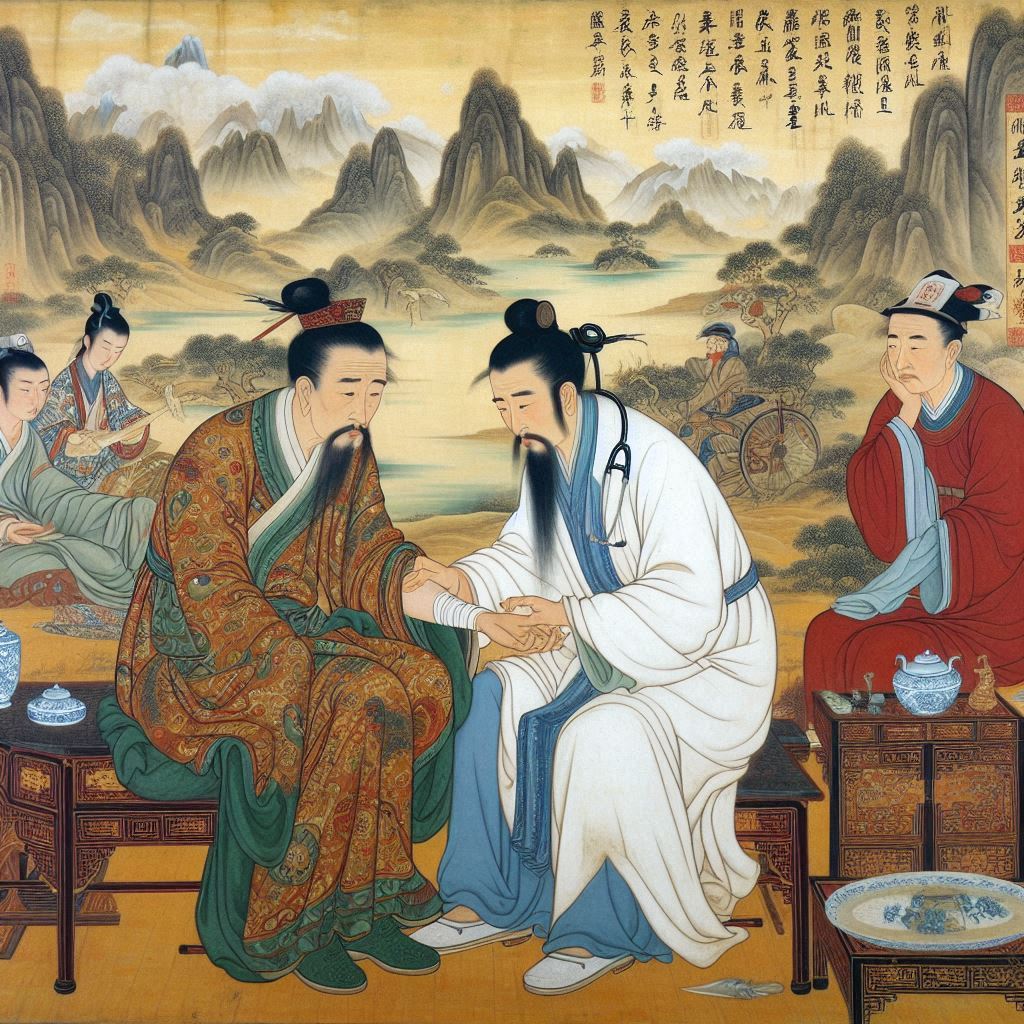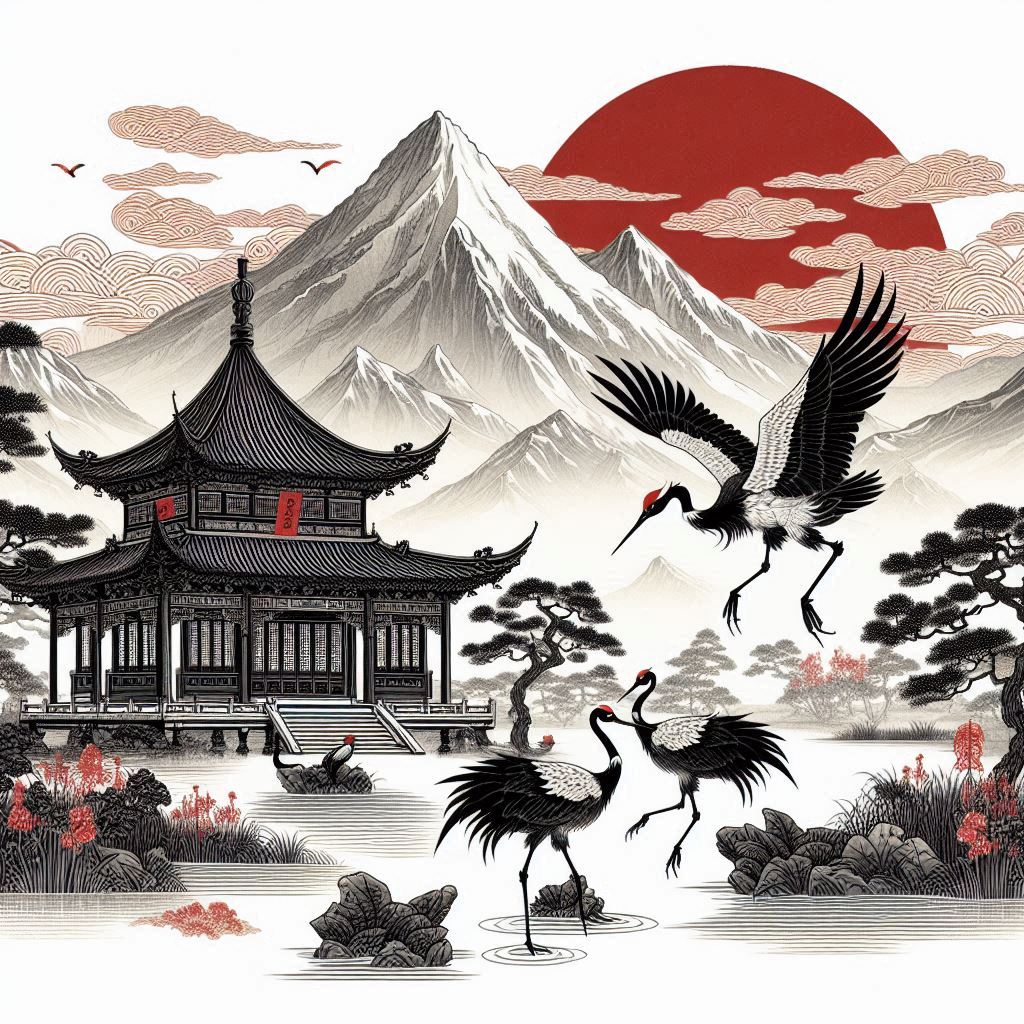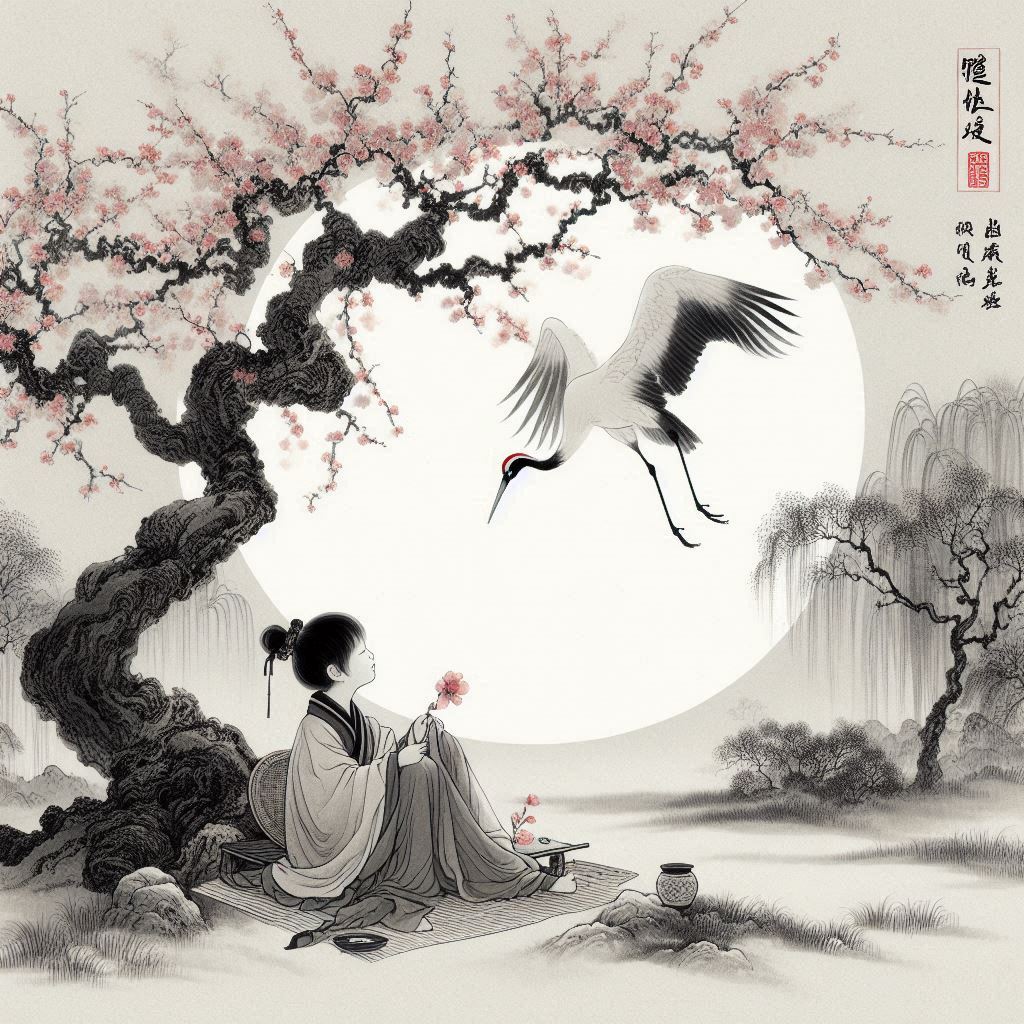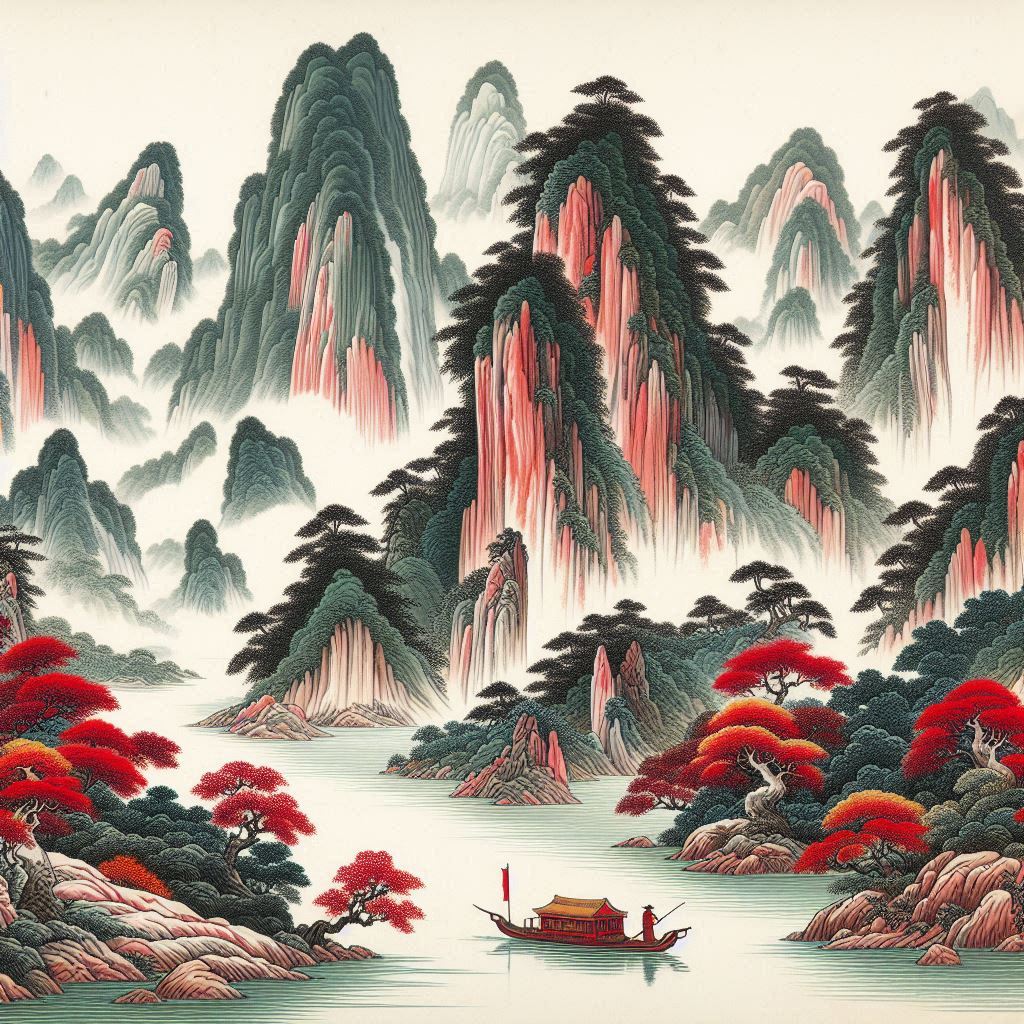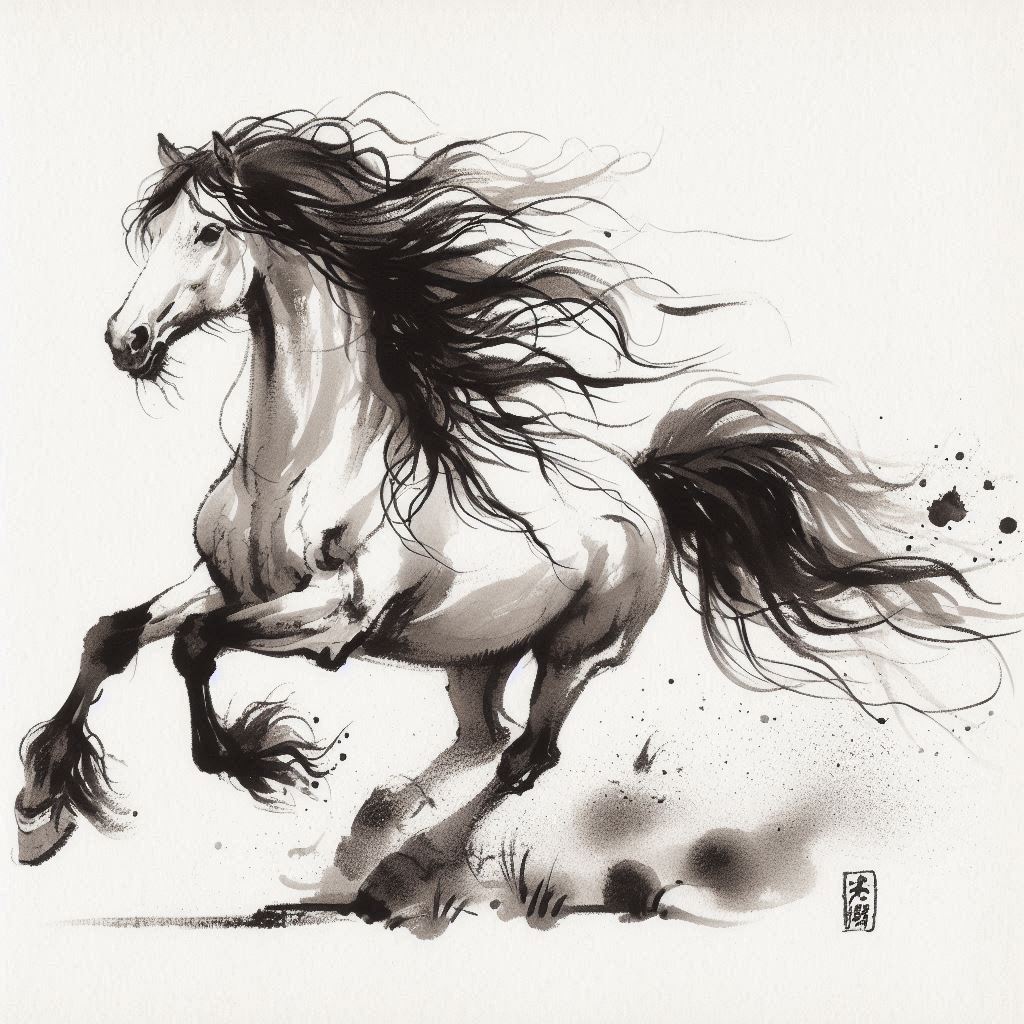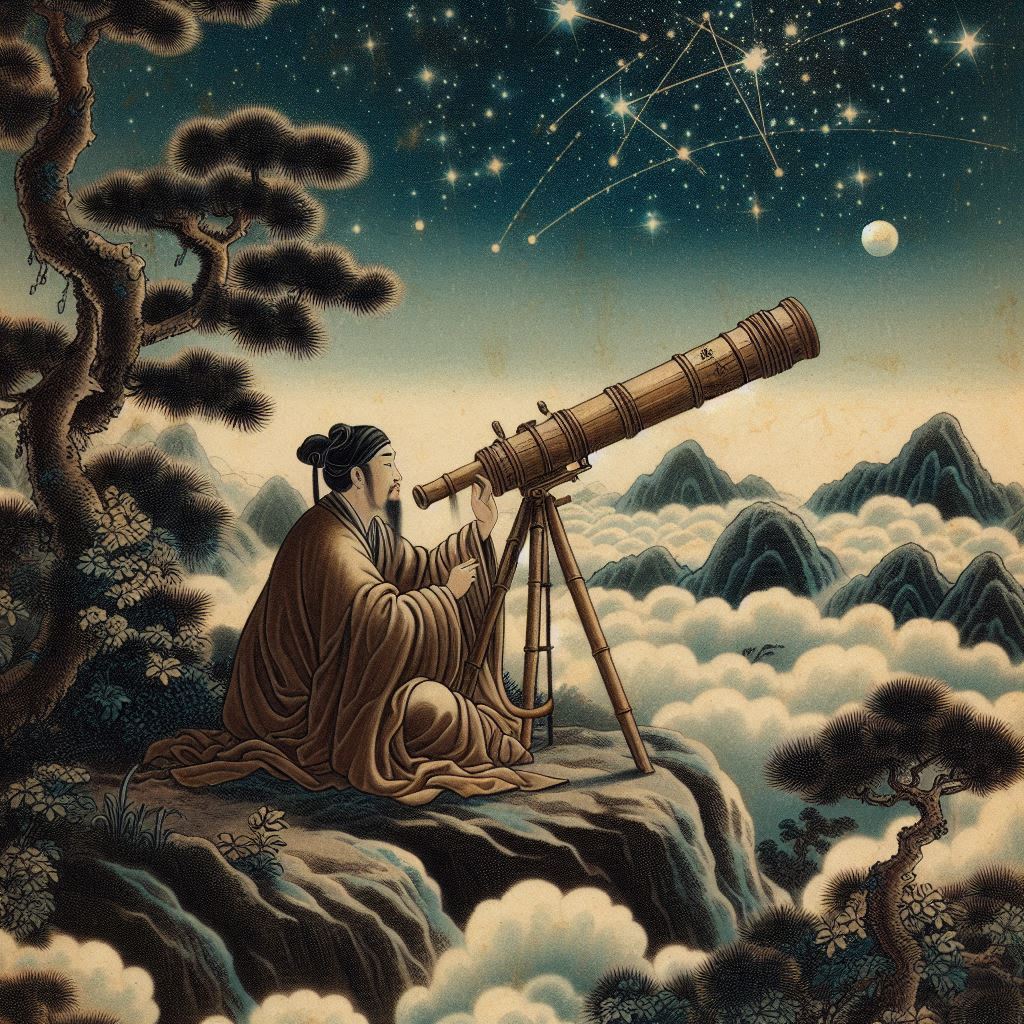Yang in nature represents activity, light, warmth thus it logically represents function/warming faculty in the human body. Yin in nature represents rest, quiet, slowness, thus in the human body it translates to structure, substance, matter. In other words Yin represents blood, body fluids and matter, while Yang is the force that brings them to life.
There is good health when Yin and Yang are in balance. When there is deficiency of Yang, Yin instantly becomes excessive and vice versa – when there is deficiency of Yin, Yang becomes excessive. Yang deficiency manifests in coldness, lethargy and overflow as there is "deficiency of warmth and energy" which struggles to contain the matter. Some symptoms of Yang deficiency are feeling cold, cold hands and feet, lack of energy, lassitude, water retention, excess urination, etc.
When there is Yin deficiency the warming principle of the body (Yang) becomes excessive which in time will lead to accumulation of heat. Since blood and body fluids belong to Yin, Yin deficiency will also manifest in dryness. Somesymptoms of Yin deficiency are thirst, night sweats, dry mouth, dry throat, etc.
YS
Zhang, Enqin (1990). Basic Theory of Traditional Chinese Medicine. Shanghai: Publishing House of Shanghai College of Traditional Chinese Medicine
Related Articles:
Five Elements in Chinese Medicine

